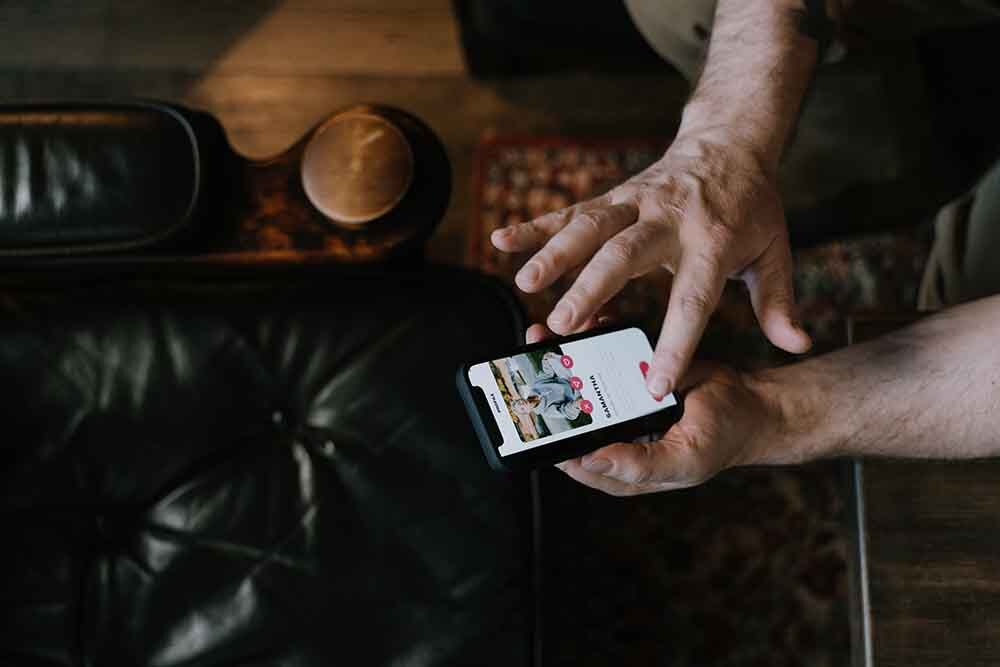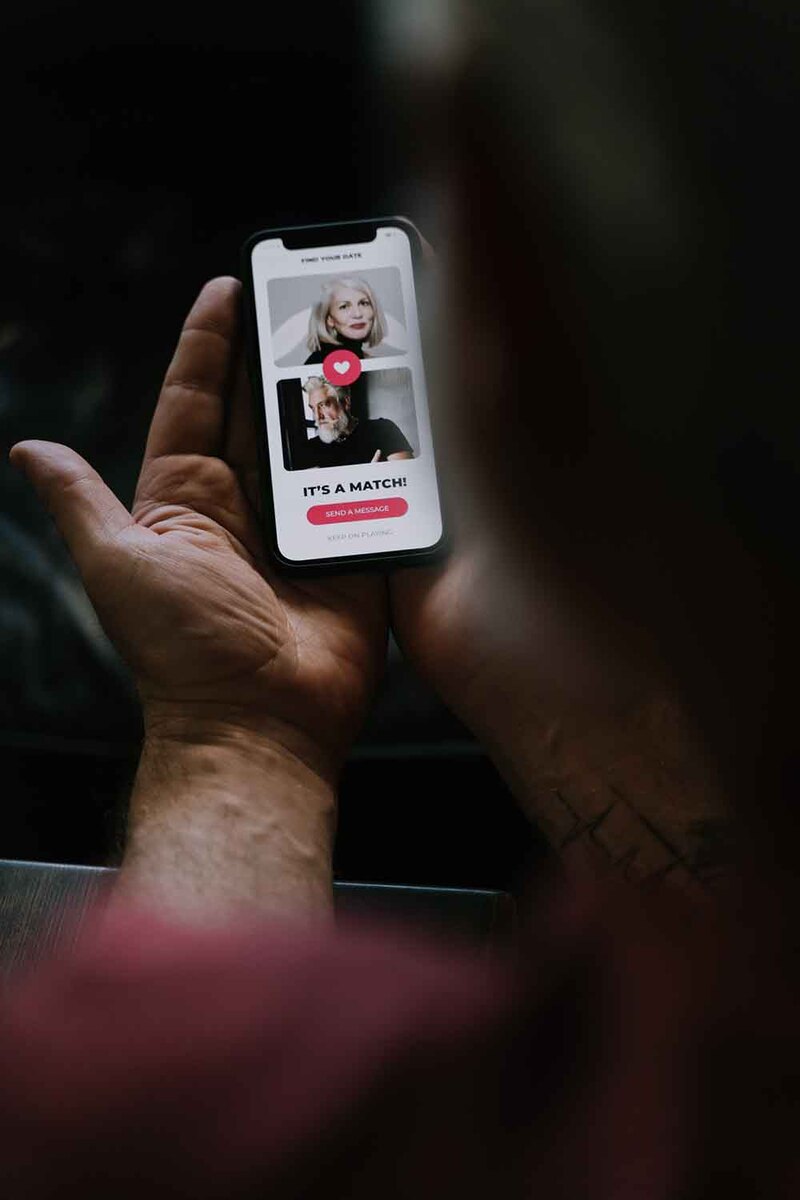
The Science of Love and Hookup Apps: What Research Reveals About Online Relationships
Transforming Relationships in the Digital Era
As the digital age evolves, our approaches to establishing and maintaining relationships have undergone a significant transformation. The emergence of online dating and hookup applications has marked a profound shift in the way we pursue romantic interests and form connections.
This article dives into the intricate relationship between love, technology, and hookup apps, exploring the fascinating revelations drawn from various research studies on online relationships.
The Mechanism of Attraction in the Digital World

In the realm of online dating, the initial phase of attraction operates somewhat differently than it does in face-to-face interactions. One critical factor that influences attraction on dating apps is the algorithmic recommendations provided by the apps themselves.
Research indicates that these algorithm-based matches can indeed generate successful connections. These apps use information users provide about their preferences, personalities, and behaviors to generate potential matches.
For instance, a study in the Proceedings of the National Academy of Sciences found that couples who met through online dating platforms had a higher rate of marital satisfaction and a lower rate of divorce than those who met offline.
The second critical factor involves the presentation of self. Online platforms enable users to manage their image and portray an 'ideal self'. This might seem advantageous, but research in the Journal of Social and Personal Relationships found that excessive idealization can lead to disappointment when the reality does not match up with the online persona.
As we delve into the nuances of online dating dynamics, it's crucial to know that not all platforms are created equal.
Different apps have different strengths, user bases, and algorithms for matchmaking. To help you navigate the multitude of options out there, you might find this article valuable. It provides an in-depth comparison and review of various platforms, guiding you towards the most suitable ones based on your preferences and objectives.
Cognitive Factors Influencing User Behavior

Online dating platforms are not just tools for meeting potential partners; they also impact our cognitive processes. The way we perceive ourselves and others, our decision-making processes, and our emotional responses are all shaped by these digital environments.
-
Paradox of Choice: The vast array of choices available on dating apps can lead to decision paralysis, a phenomenon dubbed as the "paradox of choice". This effect has been well documented in a study in the Journal of Personality and Social Psychology, which found that having more options can lead to less satisfaction with the final decision.
-
Instant Gratification: The immediacy and accessibility of online dating platforms foster a culture of instant gratification. According to research in Cyberpsychology, Behavior, and Social Networking, this immediate feedback can lead to an addiction-like response, with the user continuously seeking the dopamine rush that comes with each match or message.
-
The Halo Effect: Online platforms often encourage snap judgments based on limited information. This process can lead to the 'halo effect', where an attractive profile picture leads us to assign positive qualities to that individual without any substantial evidence. A research study published in the Journal of Consumer Psychology highlights how this can lead to misjudgments and misplaced expectations.
The Impact on Emotional Health and Well-being

As much as online dating apps have transformed our love lives, they have also influenced our emotional health and well-being.
Research conducted at the University of North Texas found that male Tinder users reported lower levels of self-esteem and more body dissatisfaction than non-users. Conversely, for female users, the primary concern was safety, as suggested by a study in the New Media & Society journal.
Yet, the overall effect of dating apps on mental health is not uniformly negative. Many users find that the apps can bolster their social skills, increase their confidence, and expand their social circles, which are all beneficial for emotional health.
In fact, a study published in the Proceedings of the National Academy of Sciences suggests that relationships initiated online were associated with lower rates of depression.
The Role of Communication in Online Relationships

One significant aspect of online dating apps is their role in reshaping communication between potential partners.
Many scholars argue that the nature of online communication fosters a greater level of honesty and openness. A research study from Stanford University found that online daters were more likely to reveal personal information, facilitating a deeper connection earlier in the relationship.
However, the lack of non-verbal cues and the possibility of deception can create challenges in building trust.
In a study in the Journal of Computer-Mediated Communication, it was found that the absence of non-verbal cues led to reduced levels of trust but did not necessarily diminish the overall relationship satisfaction.
Interestingly, the same study also revealed that the level of deception in online communication was relatively low, suggesting that users tend to be more truthful than not on these platforms.
Conclusion
The intersection of love and technology is a captivating realm, one that continues to evolve and reshape the fabric of our relationships. The proliferation of hookup apps has undeniably transformed the landscape of dating, with science offering illuminating insights into the complex dynamics of online relationships.
As we continue to explore and understand this digital frontier, we can better navigate our quests for connection in the 21st century. Each swipe, match, and message is a testament to our enduring quest for companionship and love, each influenced by, and in turn influencing, our cognitive processes, emotional health, and communication styles.
The science of love in the digital age is a fascinating journey, one that we are all participating in, in one form or another.











